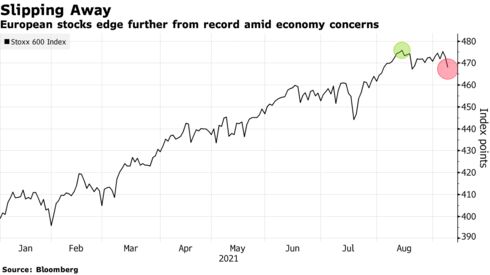More than 80 million Americans working in the private sector will be required to receive a COVID vaccine or produce a negative test result at least once a week, a senior Biden administration official said Thursday.
Why it matters: The new rule, to be developed by the Department of Labor’s Occupational Safety and Health Administration (OSHA), underscores the Biden administration’s ramped up efforts to control the virus as cases and hospitalizations largely driven by the Delta variant surge nationwide.
Driving the news: OSHA is developing the rule that will require vaccinations or once a week testing for companies with more than 100 employees, set to be implemented in the coming weeks, per the White House official.
The big picture: The Biden administration unveiled a six-pronged plan to respond to the virus on Thursday, which includes efforts to encourage vaccinations and bolster protections for the vaccinated, among other areas.
- Health care workers at Medicare and Medicaid participating hospitals and other health care settings — more than 17 million people — will also be required to get vaccinated.
- The administration is also preparing boosters to start as early as the week of Sept. 20.
- President Biden will also sign an executive order requiring most federal employees to get the COVID vaccine, without the option of getting regular testing instead, Axios previously reported.
Other components of the six-part plan include:
- Urging large entertainment venues to require proof of vaccination or testing for entry.
- Requiring staff in school settings — including at the Head Start programs, youth program personnel at the Department of Defense and at the Bureau of Indian Education-Operated Schools — to be vaccinated.
- Providing funding to school districts to support reopening, including backfilling salaries.
- Bolstering COVID-19 testing, including increasing supply of over-the-counter at-home tests, and reducing the cost of at-home tests by ensuring top manufacturers — Walmart, Amazon and Kroger — sell at-cost for the next three months.


